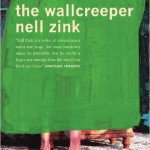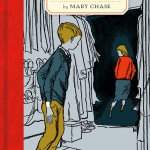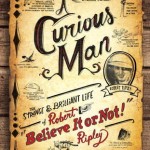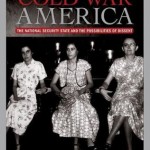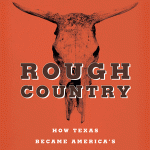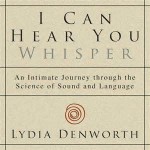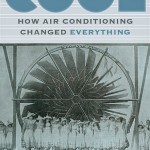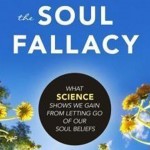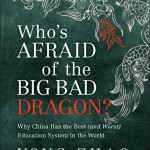
Enter the Dragon
Yong Zhao analyzes the origins, strengths, and failures of the Chinese educational system with an emphasis on its authoritarian nature. He may ease the concerns of other countries, who may feel pressured to follow the Chinese model, but he also demonstrates how problematic comparisons can be.
